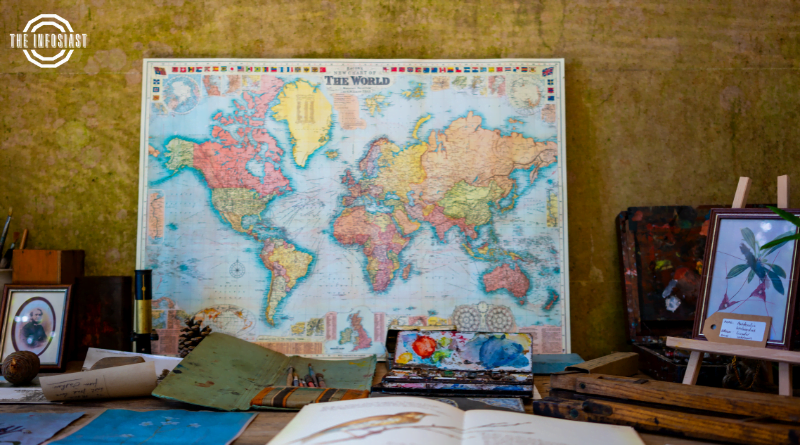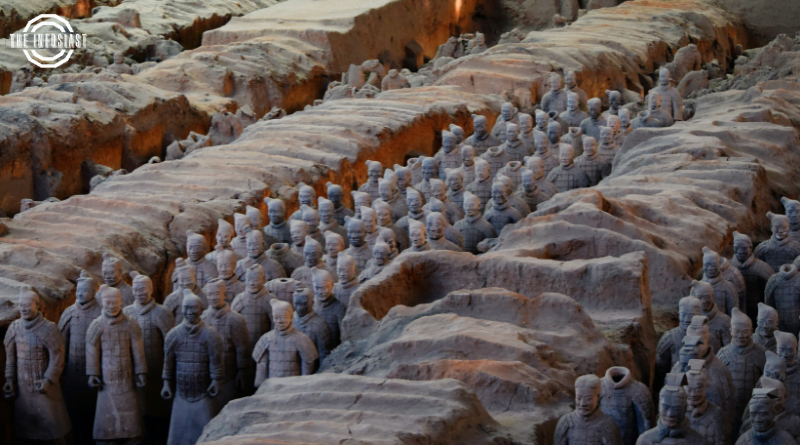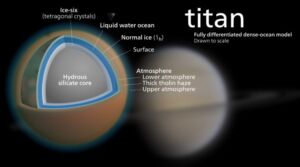
In the vast tapestry of human existence, world history stands as a testament to our journey from ancient civilizations to the modern globalized world. Exploring the events, cultures, and remarkable achievements of our ancestors allows us to gain profound insights into the evolution of human societies. This article embarks on an enlightening journey through time, unraveling the most intriguing milestones that shaped our world.
1. Ancient Civilizations: Where It All Began

The cradle of civilization saw the rise of ancient cultures that laid the groundwork for the development of human society. Mesopotamia, with its majestic cities like Babylon and Sumer, gifted us writing and the first legal codes. Egypt’s awe-inspiring pyramids and pharaohs mesmerize to this day, while the Indus Valley Civilization flourished with its planned cities and advanced drainage systems. Understanding these ancient wonders helps us appreciate the marvels of human ingenuity.
2. The Classical Age: A Time of Intellectual Brilliance
Greece and Rome ushered in the Classical Age, fostering a climate of intellectual curiosity and artistic achievement. Greek philosophers like Aristotle, Socrates, and Plato shaped Western thought, while Rome’s grandeur left an indelible mark on architecture and governance. This era laid the foundation for modern democracy and governance systems, guiding us in the art of diplomacy and statecraft.
3. The Silk Road: Connecting East and West
The Silk Road, an ancient network of trade routes, facilitated cultural exchange between East and West. Caravans carried goods, ideas, and innovations across vast landscapes, fostering cooperation and understanding. This exchange of goods and knowledge played a pivotal role in shaping global trade and cultural diversity, enriching civilizations along its path.
4. The Age of Exploration: Expanding Horizons
The Renaissance paved the way for the Age of Exploration, spurring ambitious voyages that expanded the known world. Adventurers like Christopher Columbus, Vasco da Gama, and Ferdinand Magellan sought new trade routes and territories, leading to the discovery of the Americas and maritime trade that would change the course of history forever.
5. Industrial Revolution: A Technological Metamorphosis

The 18th-century Industrial Revolution transformed economies, societies, and daily life. Innovations in machinery, steam power, and factories propelled urbanization, creating new economic opportunities while also sparking social challenges. The profound impact of this revolution can still be seen in today’s technological advancements and the shape of modern cities.
6. World Wars: The Clash of Nations
The 20th century witnessed two devastating World Wars that reshaped geopolitical dynamics and laid the foundation for the modern world order. The wars brought unprecedented destruction but also inspired global cooperation through the establishment of the United Nations, fostering dialogue and diplomacy to prevent future conflicts.
7. The Digital Age: A Technological Renaissance

The advent of the internet revolutionized communication and access to information, propelling us into the Digital Age. Information became instantly accessible, connecting people across continents and cultures. E-commerce and social media emerged as new facets of human interaction, fostering interconnectedness and globalization.
Embracing Our Past to Shape the Future
World history stands as a testament to humanity’s triumphs, struggles, and continuous evolution. By understanding our collective past, we equip ourselves with invaluable lessons that can guide us towards a brighter future. As we navigate the challenges of the present, the wisdom of our ancestors serves as a compass, reminding us of the resilience and ingenuity that define the human spirit.



